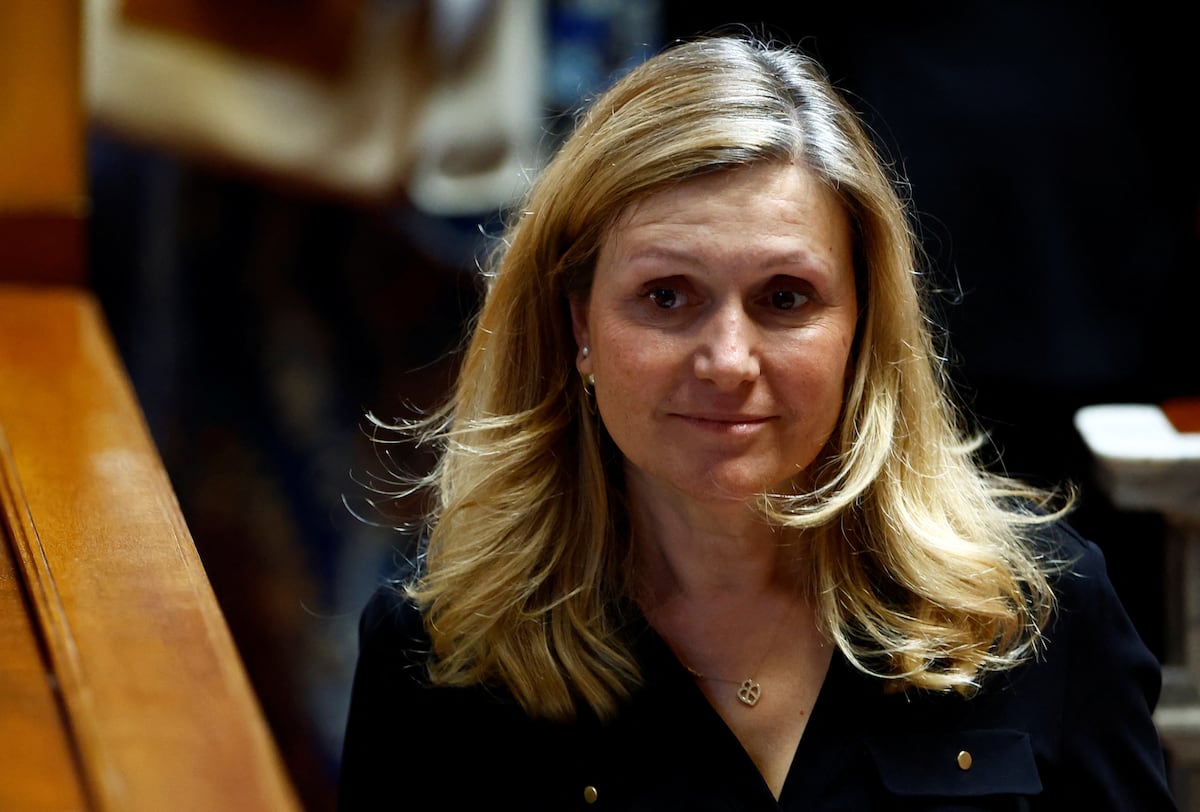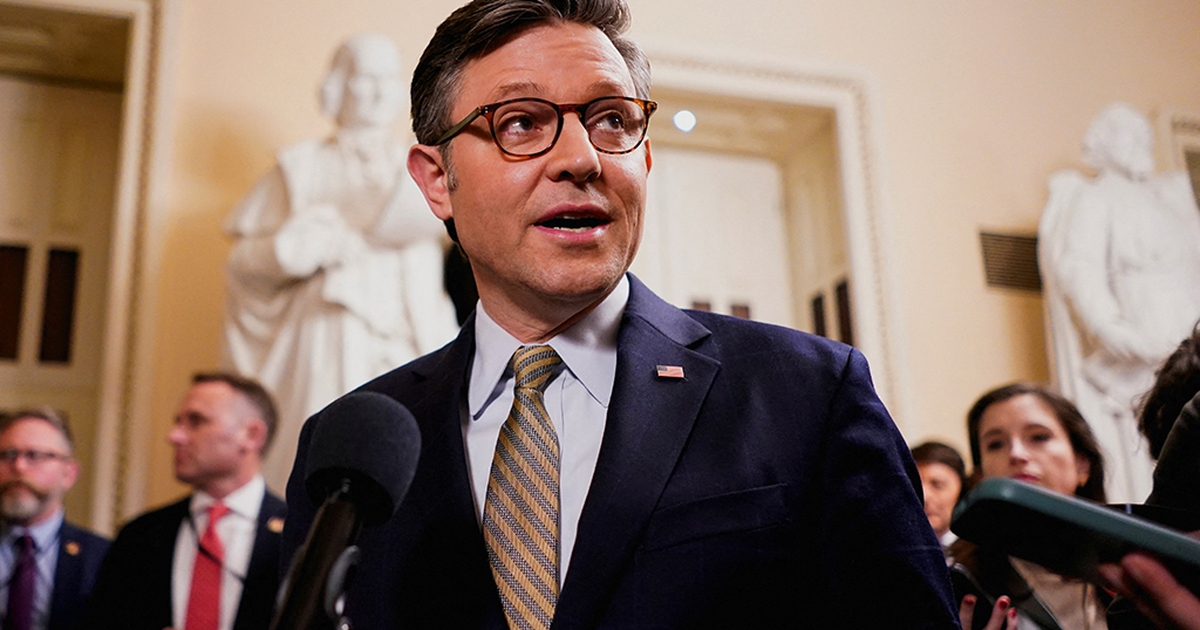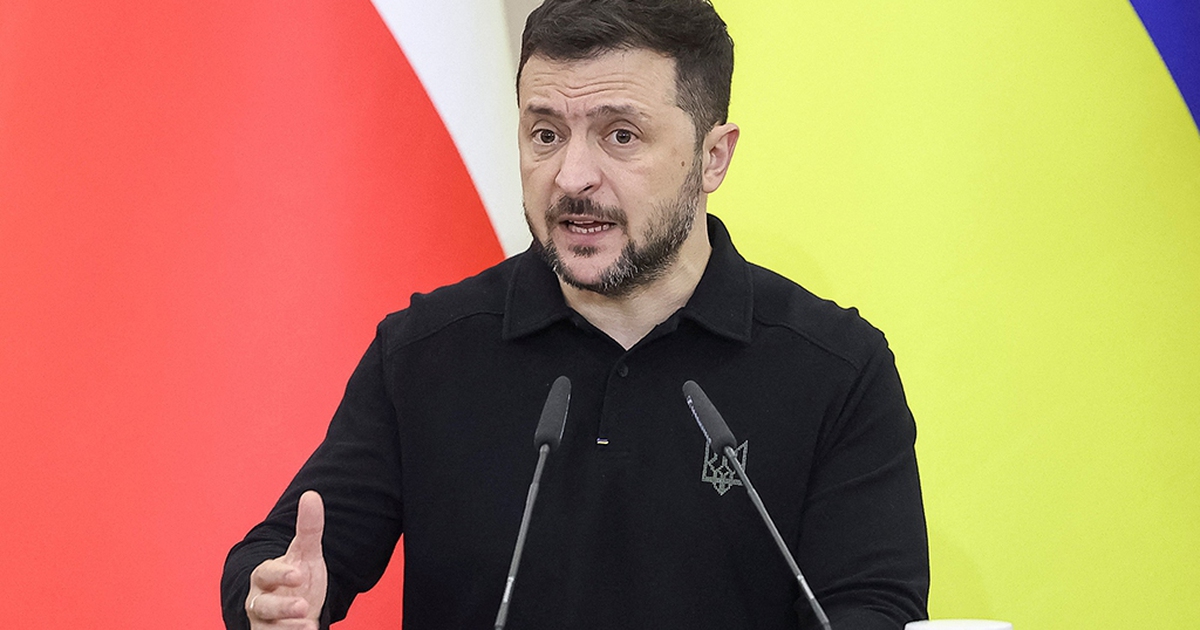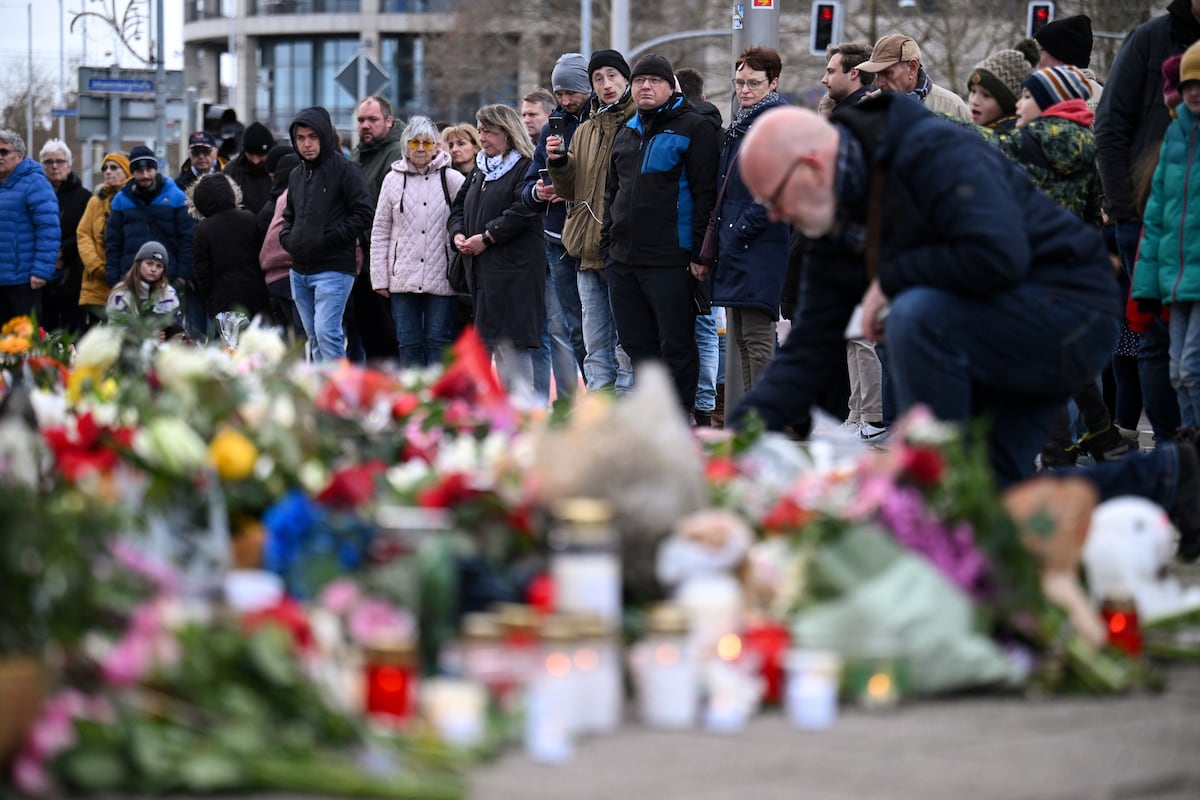The New Popular Front (NFP), the left-wing alliance that came out on top after the French legislative elections, suffered its first setback on Thursday. In a vote marking the start of the 12th legislature, the coalition that won the most seats after the early elections failed to win the presidency of the National Assembly. The post will be filled by the Macronist MP Yaël Braun-Pivet, re-elected to the post with the support of 220 of the 577 deputies in Parliament, thanks to the transfer of votes from the Republicans in the third round of voting. The vote, whose outcome was uncertain and very close until the end – the NFP candidate obtained 207 votes – took place in an unprecedented political context and with a caretaker government. Six candidates had put themselves forward to lead the lower house of Parliament, the fourth most important post in the French State.
His re-election implies a certain status quo in the hemicycle, divided into three blocs after the elections of 7 July: the left, the centre-right and the far right. Her candidacy had not been supported by all members of the presidential coalition. The Horizons party – the party of Macron’s former prime minister Édouard Philippe – had put forward another candidate, MP Naïma Moutchou, who left the race after the first vote.
Nevertheless, Yaël Braun-Pivet’s victory is undoubtedly good news for Macronism and a first setback for the left. Despite having the most seats, the left-wing coalition, created in the legislative elections to stop the rise of the far right, has not managed to benefit from the transfer of votes from the heterogeneous independent group LIOT.
Emmanuel Macron’s party has emerged greatly weakened after the president’s decision to dissolve the National Assembly and a legislative election in which it lost 80 deputies. In recent weeks, many analysts have predicted the imminent end of Macronism after the unexpected victory of the left, grouped in the NFP. But the result obtained this Thursday suggests a temporary rebalancing of forces in favour of the presidential camp and further complicates the hypothesis of a left-wing government, as the NFP has been demanding for weeks.
While the Left is claiming its legitimacy to govern, relying in particular on a political tradition which in principle obliges the President to appoint a Prime Minister from the political party that won the legislative elections, even though it is not included in the Constitution, Macron has declared that he would wait to see how the National Assembly is structured before appointing Gabriel Attal’s successor. The new scenario is not in favour of the Left, although it will continue to maintain its pulse with Macronism to obtain Matignon. Mathilde Panot, of the LFI, strongly criticised the result of the vote, which lasted almost six hours, and recalled that the NFP remains the “first political bloc” in the hemicycle. “The French people demanded a break,” she insisted, calling on Macron to appoint a Prime Minister from the left-wing alliance and accusing Braun-Pivet of having benefited from two RN votes in the third round. André Chassaigne, the communist candidate, said for his part that “the vote of the French was stolen by an unnatural alliance.”
The decision of the first woman to become president of the National Assembly in 2022 to stand for a new term has sparked a serious debate within the Macronist movement. While some were convinced that her candidacy would suggest that the president had not taken note of the desire for change expressed by the French at the polls, others, on the contrary, argued that her continuity in office would ensure the stability of Parliament in an unprecedented and turbulent political moment. “The last few weeks have been extremely tense,” Braun-Pivet admitted after her election. “We have seen a worried, fractured country,” she added, noting that she is aware of the “immense responsibility” she has, with a Parliament divided into three ideological blocs. The 53-year-old MP said that she would seek “dialogue” with the other political forces. “I am committed to working with each and every one of you,” she stressed. The next session of Parliament will take place on Friday afternoon.
Knowing what’s happening outside means understanding what’s going to happen inside, so don’t miss anything.
KEEP READING
Tense atmosphere
A few minutes before the vote, the atmosphere was tense despite the smiles on the faces of the deputies, all too aware of the stakes, as they made their way through the four-column room, packed with television cameras, journalists and political analysts, to access the hemicycle. Since the groups had not yet been formed at the time of the vote, the deputies were not able to sit with their usual colleagues and were forced to sit in alphabetical order, giving rise to unusual cohabitations such as that of the leader of the National Rally (RN), Marine Le Pen, with the deputy of LFI Antoine Léaument ―who had tweeted In the morning: “If you have a bad day, remember that I will spend it sitting next to Le Pen” – and other images of sitting together the MP and candidate for the presidency of Parliament, Sébastien Chenu, and the LFI MP and Jean-Luc Mélenchon’s partner, Sophia Chikirou. Also curious was the image of a former president and now MP, François Hollande, next to the Macronist dissident, Sacha Houilé, who tried, without success, to create a group with the left wing of Macronism.
The tension was palpable during the opening speech of the session, which was symbolically chaired by RN MP José Gonzalez, who is the oldest member of the Assembly. The far-right politician took the opportunity to attack LFI, without naming the party, criticising the “agitation” imposed in the previous legislature and urging MPs to “express their convictions with restraint” so as not to “contribute to the division of the French people”. Amid booing from MPs, Gonzalez even referred to the “baroque alliances” that emerged during the legislative elections. “The National Assembly will be at the centre of the political game for at least a year,” concluded the MP, whose speech was applauded only by half the chamber.
The animosity between LFI and RN was also palpable at the time of the vote in the first round. LFI MPs refused to shake hands with the RN secretary of the Parliamentary Bureau after depositing their vote in the green ballot box. A gesture that was only seconded by the Macronist and minister delegate to the acting Minister of Agriculture, Agnès Pannier-Runacher, who also did not shake his hand out of consistency with the Republican front.
Follow all the international information atFacebook andXor inour weekly newsletter.








